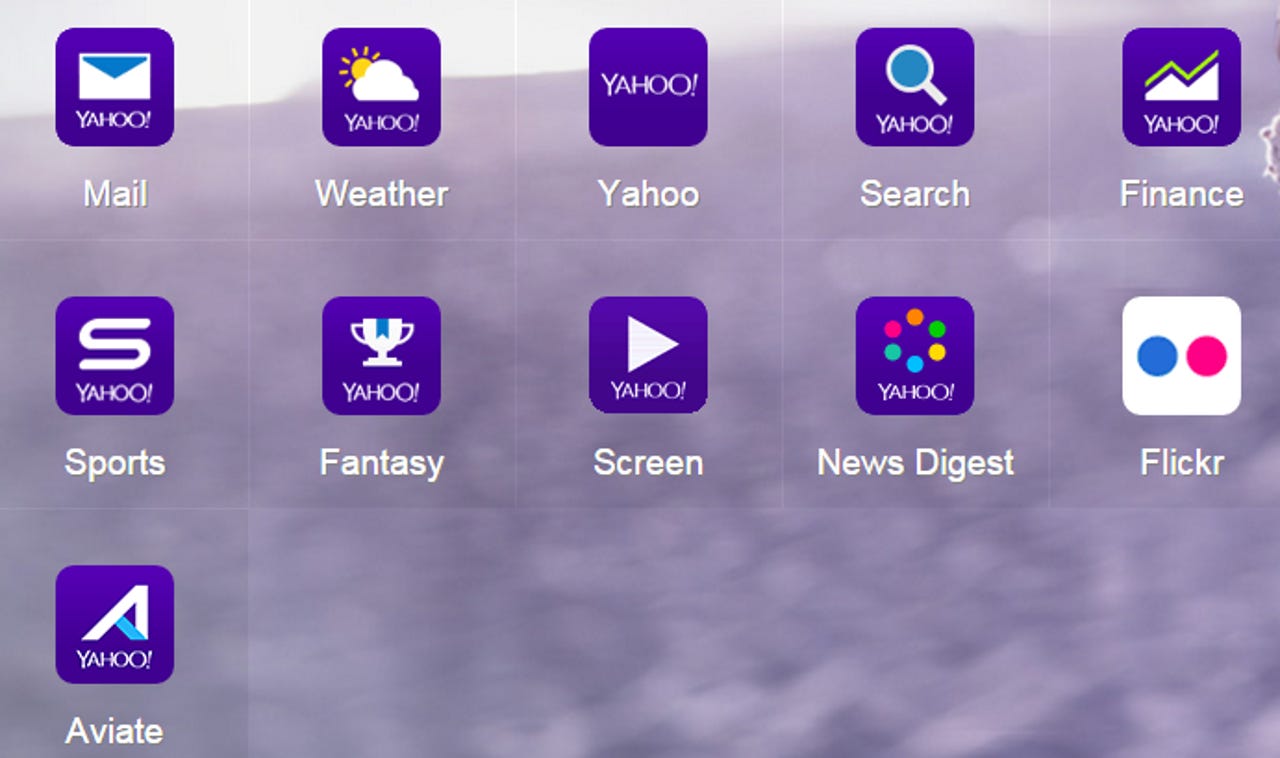Yahoo trumps Google: In mobile disclosure

Yahoo isn't a search giant anymore. And Yahoo is often rumored to be at best a merger candidate with AOL. Meanwhile, CEO Marissa Mayer is under fire.
But there is one area where Yahoo has Google trumped: mobile disclosure.
In the first paragraph of Yahoo's earnings release for the third quarter, Meyer said:
"I am also pleased to report today that our revenue in mobile is now material. In [the third-quarter], we saw mobile revenues in excess of $200 million on a GAAP basis. Further, we estimate that our gross revenues in mobile will exceed $1.2 billion in revenue this year. We have invested deeply in mobile and we are seeing those investments pay off. Not only are our mobile products attracting praise and engagement from users and industry awards, they are generating meaningful revenue for Yahoo."
Congrats, Ms. Meyer. You just bought yourself some more time against those Wall Street heathens.

But this rant isn't about a reinvigorated Yahoo. It's about mobile disclosure and how Google is lagging the pack. Google isn't talking about its mobile ad sales because it obviously isn't material. And if I were Google, I wouldn't want to talk about mobile either. After all, user behavior is different on mobile. On the desktop, we click on text search ads and support a killer monetization model for Google. On mobile, we consume a lot of Google services but don't necessarily click those mobile ads.
Here's the problem: Facebook made the mobile turn and disclosed its mobile/desktop revenue. Now Yahoo is talking up mobile. Google gives us the following snippets on last week's earnings conference call.
Google CFO Patrick Pichette said:
"It's very clear that mobile is still a big part of our growth. And we're very pleased about it. But when we talk about mobile, I think there's a couple things. One is you have to continue to look at both the growth in volume and the growth in pricing. So these are long-term trends that we're seeing.
The [cost-per-click] and the clicks, they can fluctuate from quarter-to-quarter. Just happens that we've made some changes this quarter that improved the mobile pricing, while impacting the lower quality clicks, and that's what you see a bit reflected in our numbers. And again, I wouldn't, just as an overall statement, remember to everybody that I wouldn't attribute the aggregate CPC movement just to that one factor of mobile, right? Because there's still a full factor mix, as I talked in my remarks about geography, and about our product changes, so all this actually makes a big factor as well.
So that's what we've seen in the strength in mobile, but we're still very pleased with the momentum."
Google's chief business officer Omid Kordestani said:
"The AdMob network reaches 900 million unique devices per month, and our own apps are hugely popular, Gmail, Maps, Google app and YouTube. And our focus is also, is helping developers generate app downloads and re-engagement with users who have already downloaded their apps, as I mentioned in my remarks earlier. And we're really helping drive hundreds of millions of app downloads through app promotion products.
Again the goal here is that you just search and not worry about where the answer is, either on a webpage or an app. And we've been in this game for a while, four years ago we acquired AdMob and have continued to invest in this space heavily. And this quarter we launched the next generation of this app promotion ads across Google Search, Google Display Network and YouTube.
So really focused in this area to help the developers and our users."
And JP Morgan analyst Douglas Anmuth asked about pricing on web vs. mobile. Kordestani danced around the question and then came back to the blended screen mantra.
"The way we're focused on this is that users really are using the screens interchangeably, simultaneously, throughout the day. And we really are not, at this point, doing this like-by-like comparisons or comment on it because we think it's still early and we're really focused on, just again, delivering the results. And it took many years for example for the desktop ecosystem to develop the right ad formats, and really take advantage of the platform. So I think we just need to continue innovating here, experimenting here to get it right."
While directionally, the comments from Google execs are appreciated it would be far easier to disclose the mobile number. Is mobile monetization material to Google or not? Obviously, the answer is not.
That reality is why Meyer can buy some time with Yahoo's mobile monetization and most of Wall Street is asking questions about Google.